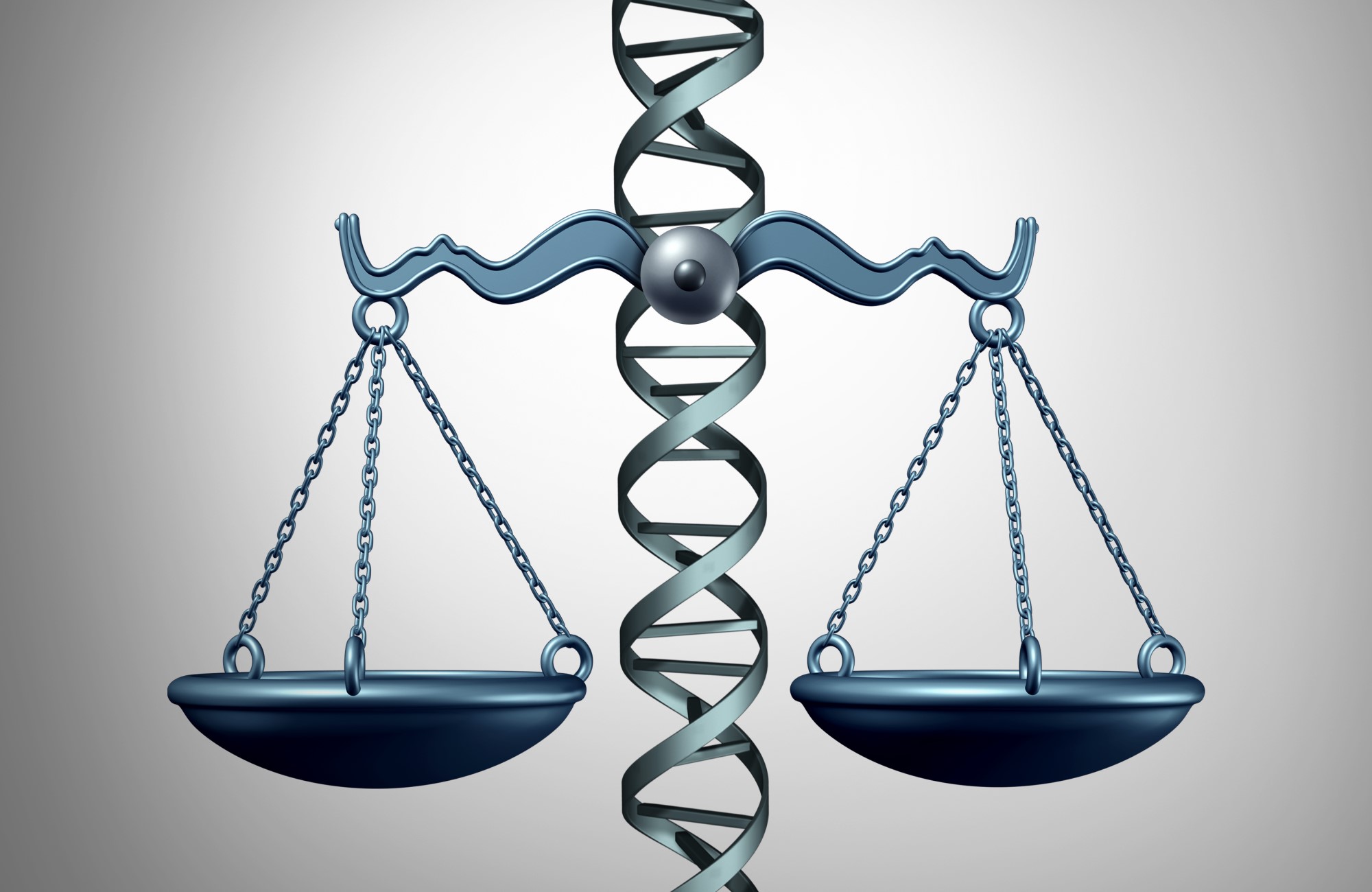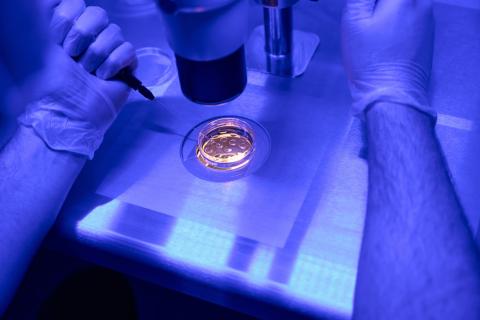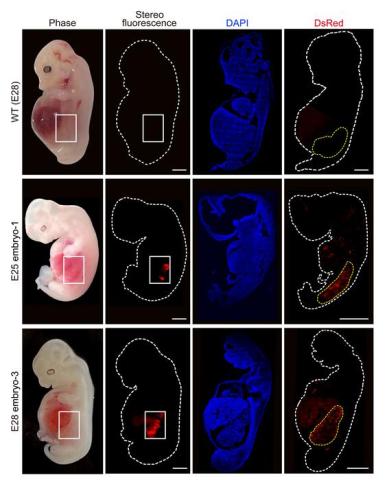What are the different kinds of bioethics committees in Spain?
There are many different types of committees. Among them:
- At the national level, the Spanish Bioethics Committee (CBE) was created by the Law 14/2007 on Biomedical Research.
- At the level of Autonomous Communities, the first bioethics advisory committee was formalised in 1995 in Catalonia. Now, each Community has its own bioethics committee, with its own selection of topics and approaches.
- At the institutional level, in universities and large hospitals, research ethics committees supervise projects involving human beings or human samples. Others monitor animal experimentation.
- The Spanish National Research Council (CSIC) has its own Ethics Committee, which is made up of two subcommittees: the Bioethics Subcommittee, responsible for reviewing research practices in the life sciences, and the Conflicts Committee, which deals with personnel conflicts and cases of non-compliance with good research practices.
- The Instituto de Salud Carlos III also has two committees: one that evaluates research projects involving human subjects and another for the welfare of animals used in research.
- There are also Healthcare Ethics Committees in medical centres and hospitals, governed by local regulations, which provide guidance on the resolution of potential ethical conflicts in clinical practice.
What are bioethics committees for?
Bioethics deals with ethical conflicts arising from advances in science and medicine. The committees "advise the institutions that make laws and organise public life, expressing opinions that guide citizens,” Margarita Boladeras, member of the Bioethics Committee of Catalonia and Emeritus Professor of Philosophy at the University of Barcelona, tells the SMC Spain.
"Societies change their values and ways of thinking, and therefore laws change as well,” philosopher Juan Carlos Siurana, vice-president of the CBE and director of the Bioethics Research Group at the University of Valencia, explains to the SMC Spain. "The committee has to be a reference point for these changes of values in society in times of disorientation.”
National and regional committees have a non-binding, consultative role: governments do not have to follow their recommendations when drafting laws and regulations. The role of research committees that examine proposals for clinical trials or animal studies is different: these research projects cannot be carried out without the approval of an ethics committee.
Some committees’ reports have a clear influence on legislation, others very little. In 1985 - two decades before the creation of the national committee - the Spanish Parliament created a Special Commission for the Study of Human In Vitro Fertilisation and Artificial Insemination, which produced the Palacios Report (named after the Commission’s president, Marcelo Palacios). "It really helped to elaborate and reach consensus on the law, which was finally approved in 1988," recalls Boladeras in her book ¿Puede la bioética poner límites a la ciencia? (Can bioethics set limits to science?, 2022).
Who decides which topics Bioethics Committees focus on?
Committees may produce reports on their own initiative, choosing topics they consider relevant and/or urgent, or at the request of the national or regional government.
Last year, the CBE only published two reports: one on elderly care and another on bioethical aspects of telemedicine within clinical relationships. The committee can ramp up its work if current events require it: for example, the covid-19 pandemic raised many ethical questions. In 2020, the committee published reports on the prioritisation of healthcare resources and vaccination, and a statement on the "right and duty" to accompany covid-19 patients at the end of their lives, among other documents.
Who are the members of the Spanish Bioethics Committee?
The national committee has 12 members: six appointed by Autonomous Communities and six by Spain’s General Administration, from different ministries.
"We try to give rational and reasonable answers that represent three dimensions: scientific/medical, legislative and ethical," explains Siurana, the CBE’s vice-president. Disagreements of opinion among members tend to occur in the ethical sphere, due to different sensibilities and beliefs, rather than in the scientific or legislative sphere. "It is good that they are expressed,” and these disagreements can be recorded in writing in individual votes.
One potential pitfall is that the composition of committees tends to reflect the political leanings of the governments that appointed its members. Politicians "seek to create bioethics committees that are aligned with them," Boladeras writes in her book. "Ideally, they should be people who are open to dialogue, reflection and agreement. It is very important that the members remember that they represent the entire Spanish population," says Siurana. "If we seek people who are more extreme, the population can turn their backs on them.”
The plenary brings together all committee members; the permanent commission prepares plenary meetings; and working groups are formed, according to members' profiles and interests, to study specific issues and prepare draft reports.
Five recommendations for journalists:
- "For bioethics, the role of journalists is fundamental," says Boladeras. "It is society that has to express its preferences and demands in certain situations: what do we do in the face of new possibilities that science and technology opens up?
- The pace of bioethics committees is slower than that of the media. "We are looking for reflection, dialogue and understanding," says Siurana. "Good bioethical reflection takes time.”
- Use existing outputs. "There are a lot of [documents] that are not used, or very little,” says Boladeras. All the documents are available on the websites of the CBE and the regional committees.
- If the committee has not worked on a topical issue, it will not be able to communicate a joint position to the press, but it may be able to share aspects to consider or bibliography.
- "I encourage [journalists] to contact the committee through the secretariat that centralises requests," says Siurana. Only the committee's president can speak on behalf of the committee, to share agreements among its members. If a journalist contacts a committee member individually, it will be to discuss his or her personal work.




